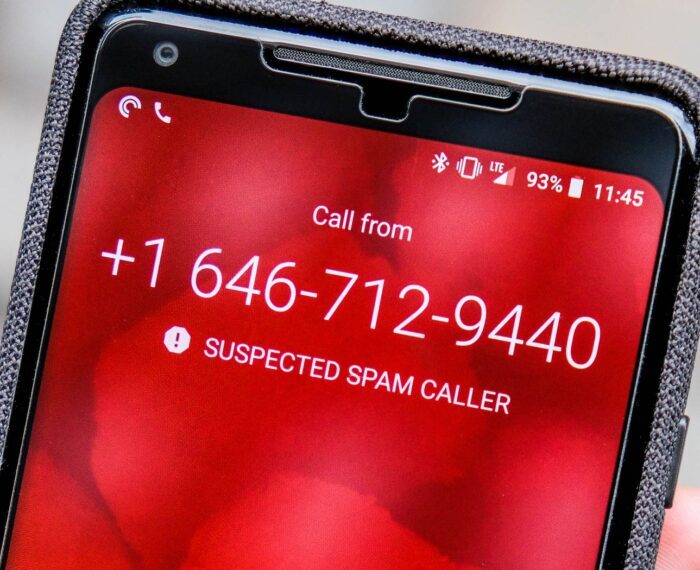Virtual Private Network (VPN) and Proxy are two technologies that are often used to secure internet connections and protect online privacy. While they both can be used for similar purposes, there are some key differences between the two that you should be aware of.
A VPN, or Virtual Private Network, is a secure network connection that allows you to access the internet privately. When you connect to the internet through a VPN, all of your internet traffic is routed through a secure, encrypted tunnel. This means that anyone trying to monitor or intercept your internet activity will not be able to see what you are doing or where you are going online.
One of the main benefits of a VPN is that it can provide you with a high level of online privacy and security. When you use a VPN, your internet activity is hidden from your internet service provider (ISP) and other third parties. This means that you can browse the internet without worrying about your online activity being tracked or monitored.
In addition to providing privacy and security, VPNs can also help you bypass internet censorship and access blocked websites. Many countries have strict internet censorship laws that prevent people from accessing certain websites or services. By using a VPN, you can bypass these censorship measures and access the internet freely.
A proxy, on the other hand, is a server that acts as a middleman between your device and the internet. When you use a proxy, your internet traffic is routed through the proxy server before it reaches its destination. This means that the proxy server is the one that establishes a connection to the internet, rather than your device.
There are several types of proxies, including web proxies, VPN proxies, and SOCKS proxies. Each type of proxy has its own set of features and benefits, but they all work in similar ways.
One of the main advantages of using a proxy is that it can help you bypass internet restrictions and access blocked websites. For example, if you are in a country that has strict internet censorship laws, you can use a proxy to access websites that are normally blocked.
Proxies can also help you protect your online privacy and security. When you use a proxy, your internet activity is not directly connected to your IP address, which means that it is more difficult for third parties to track your online activity.
However, it’s important to note that proxies do not provide the same level of security as VPNs. While proxies can help you bypass internet restrictions and protect your online privacy to some extent, they do not encrypt your internet traffic like VPNs do. This means that your internet activity is still vulnerable to being monitored or intercepted by third parties.
In summary, VPNs and proxies are both useful tools that can help you secure your internet connection and protect your online privacy. However, there are some key differences between the two. VPNs provide a higher level of security and privacy by encrypting your internet traffic, while proxies can help you bypass internet restrictions and protect your online privacy to a lesser extent.



très bon vpn je l adore il est très facile a utilisé